Albania has made notable progress in digitalizing public services – it now ranks 8th in Europe and 19th globally, with 95 per cent of services now available online – improving service quality and reducing corruption. However, significant governance challenges persist, including those of corruption, money laundering and illicit activities. According to the annual Trust in Governance survey, only 38 percent of respondents rated central government institutional transparency and accountability as satisfactory and 36 per cent, local governance. Even fewer believed there were sufficient opportunities to participate in the decision-making processes of public institutions (27% for central government; 37% for local government). Continued efforts are required to combat human trafficking and cybercrime and enhance the justice system to improve legal literacy, public trust, and marginalized group support. Although the country has made strides in aligning national strategies with the SDGs, challenges remain in data availability, gender-inclusive strategies, and climate change adaptation at the subnational level.
In terms of human rights, Albania has made progress in aligning legal frameworks with international standards, yet challenges in implementation persist, particularly in strengthening National Human Rights Institutions (NHRIs) and addressing gender-based violence (GBV).
The National Strategy on Migration 2024–2030 and Action Plan 2024–2026 have been drafted, and implementation started. The new Strategy draws on many provisions contained in the existing national strategic plans (11 such documents). Despite legislative improvements, issues remain in migration management, the protection of migrants' rights, and refugee integration, with a shift towards regular migration for employment. Efforts to enhance public procurement and justice system reforms, supported by EU funding, aim to address these challenges. Strengthening local governance, enhancing women's participation and fostering regional cooperation are essential for advancing sustainable development and resilience across the country.
Empowering youth through peer to peer learning: A new generation of peacebuilders in Albania and the Western Balkans
A new generation of peacebuilders is emerging in the Western Balkans, driven by the values of inclusion, equality, and trust. These young leaders are poised to influence their communities and the broader region in meaningful ways.
Among others, a coalition of young people on peace and non-violence education is established, led by young people of the youth-peer network or otherwise known as Y-peer network, and the UNFPA is supporting its expansion and strengthening.
This initiative harnesses the skills and creativity of young people to promote constructive narratives, cooperation, intercultural dialogue, mutual understanding and trust. Y-peer methodology is designed to empower young people as agents of positive change, placing their experiences and ideas at the centre of the learning process rather than relying solely on adult ‘experts’.
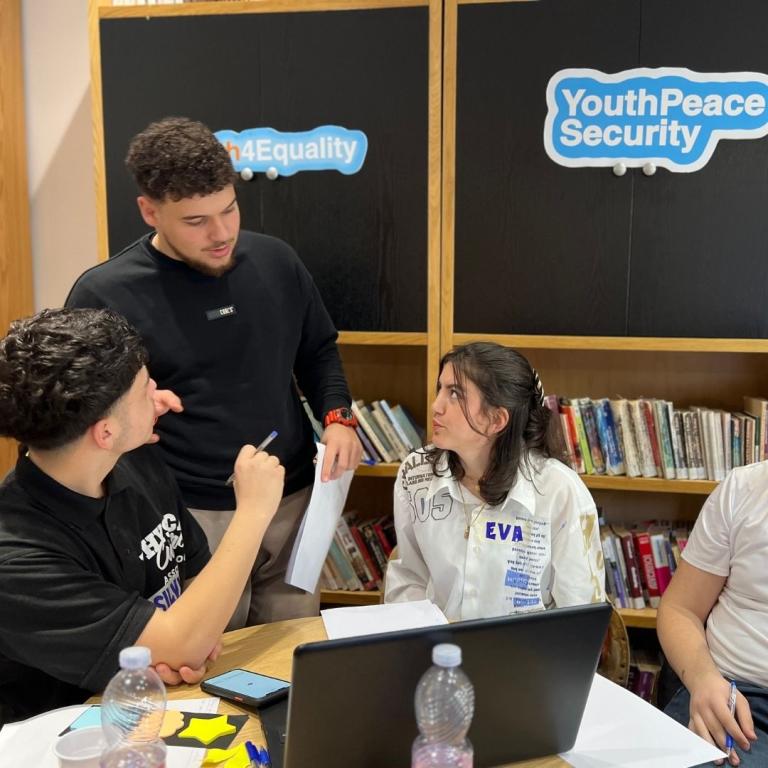
Learn more.
Access to Justice
Since 2016, Albania has made significant strides in justice reform, aiming to establish an independent and efficient system. However, challenges persist, particularly for marginalized women and children. Women, including those from rural areas and the elderly, women with disabilities, and those from the Roma and Egyptian communities, face barriers including discrimination, stereotyping and lack of awareness in the justice system, limiting their access to legal protection. Despite improvements in free legal aid and the introduction of a new judicial map, the system still struggles with court backlogs, delayed proceedings and inadequate resources for vulnerable groups. Addressing these issues requires stronger legal frameworks, enhanced child protection strategies and expanded legal aid services to ensure equitable access to justice.
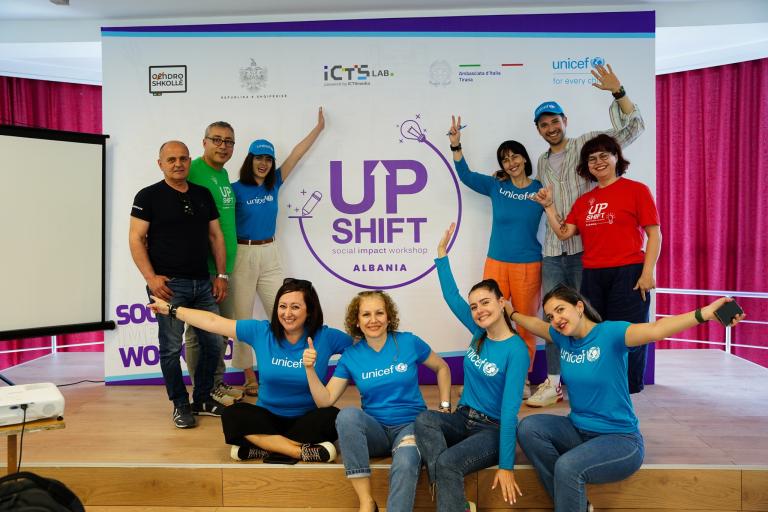
Good Governance, Participation and Voice
In 2024, Albania advanced its governance reforms, particularly in strengthening anti-corruption measures and improving financial oversight, leading to its removal from the Financial Action Task Force (global money laundering and terrorist financing watchdog) grey list. However, challenges persist in areas such as human trafficking, cybercrime, and money laundering. While justice system reforms have expanded access to legal services, more efforts are needed to enhance legal literacy, rebuild public trust and ensure the inclusion of marginalized groups. Strengthening governance structures and promoting citizen participation remain essential to achieving Albania’s broader SDG and institutional objectives.
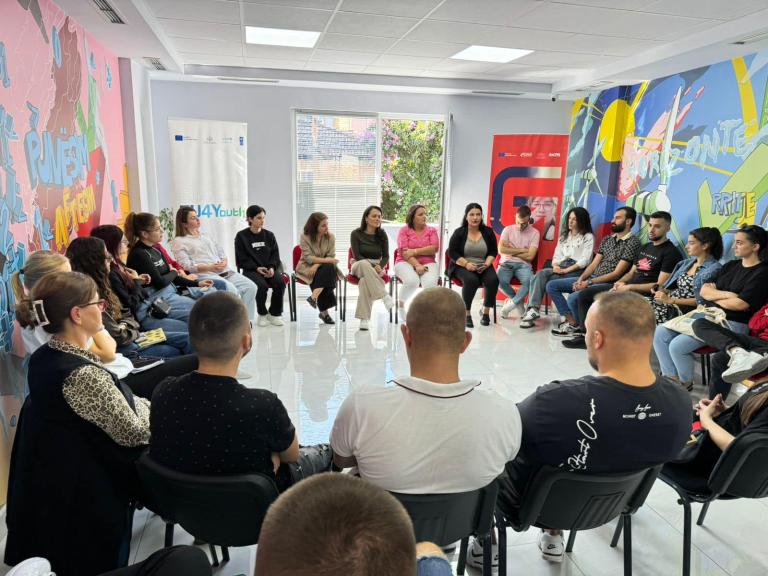
To promote good governance and civic engagement, the UN supported several transformative initiatives aimed at fostering transparency, inclusivity, and participatory decision making.
Data and Evidence
Albania has made significant progress in assessing data availability for SDG indicators, achieving a strong index score of 75.03, ranking the country 42nd out of 166. However, persistent challenges remain, including gaps in rural–urban disaggregation, gender statistics and a limited culture of evidence-based policymaking. Strengthening Albania’s statistical systems and expanding data availability are crucial to ensuring effective governance and informed decision making.
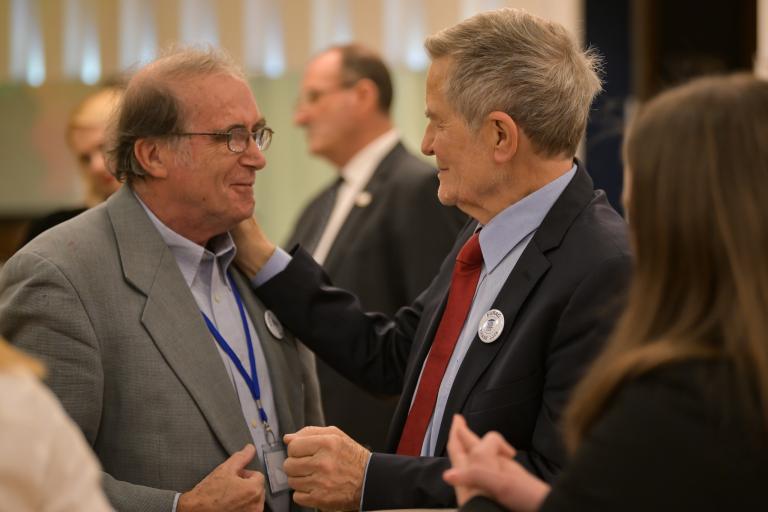
The UN has played a central role in enhancing Albania’s data ecosystem, facilitating capacity-building initiatives and strategic partnerships. In 2024, 121 data producers and users (110 women, 11 men) received training to strengthen gender data collection, analysis and dissemination. Institutional collaboration was reinforced through a dedicated MoU with INSTAT, alongside the establishment of an Inter-Institutional Working Group on Gender Statistics, ensuring alignment with international frameworks set by European Institute for Gender Equality and the UN Statistical Office. The SDG Roadmap for Albania now includes 15 gender-specific indicators, reflecting an increased commitment to GE and monitoring progress in key areas.
Public Sector Accountability and Quality Services
In terms of aligning its national development strategies with the SDGs, Albania has made considerable progress, particularly in integrating GE and social care into local development plans. Eighteen municipalities successfully incorporated these principles into their planning and budgeting processes, reinforcing sustainable decision making. However, challenges remain in fully implementing gender-inclusive strategies, ensuring equitable access to services for minority groups and addressing governance gaps at the subnational level. Strengthening regional cooperation, advancing women’s participation in governance, and bolstering local climate adaptation and DRR efforts are essential for long-term resilience and sustainability.
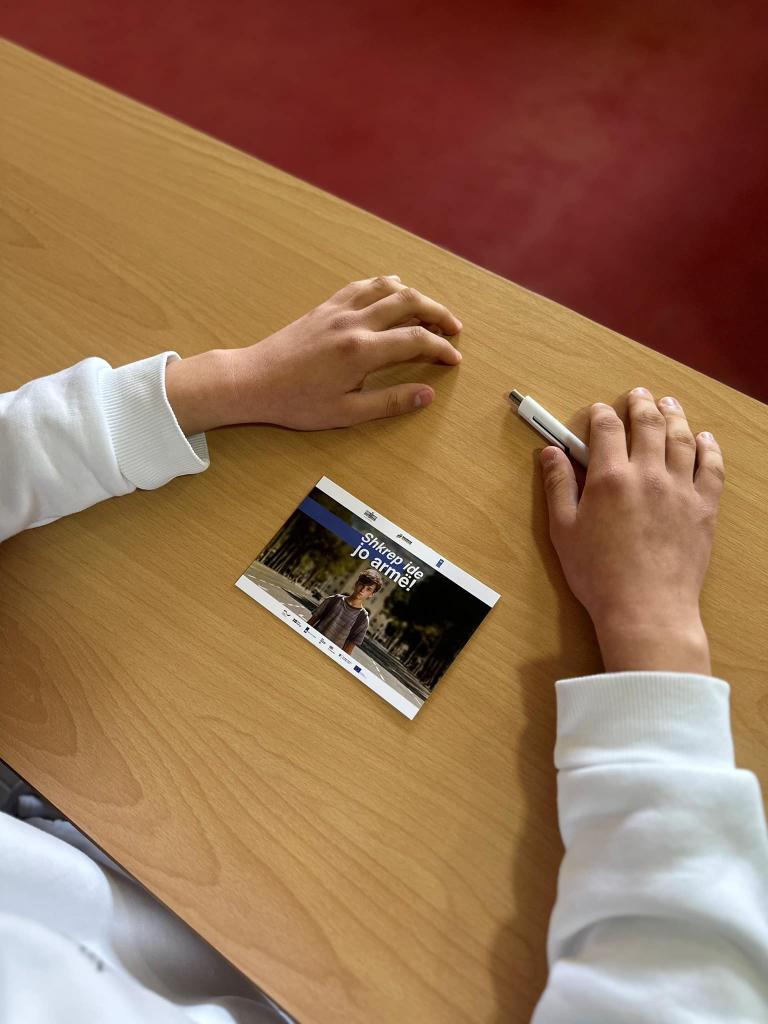
Accountability and Oversight for Human Rights
In 2024, Albania made significant strides in aligning its legal and policy frameworks with international human rights standards, particularly in GE, child rights, and minority protection. However, implementation remains a challenge, particularly in strengthening the capacity and independence of NHRIs such as the People’s Advocate and the Commissioner for Protection from Discrimination. Delays in appointing key officials continue to hinder institutional effectiveness, while gaps persist in data collection, public sector accountability, and systemic enforcement of human rights norms. Ensuring women’s participation in security sectors, addressing GBV and aligning national laws with international frameworks such as Convention on the Elimination of All Forms of Discrimination against Women (CEDAW), the Group of Experts on Action against Violence against Women and Domestic Violence (GREVIO) and UPR remain critical priorities.
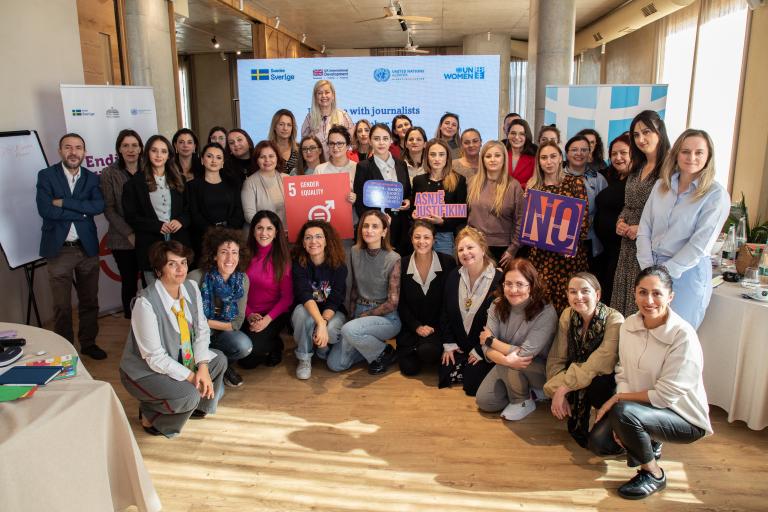
Migration and Asylum
In 2024, Albania took a significant step towards modernizing its migration governance through adoption of the National Strategy on Migration 2024–2030 and Action Plan 2024–2026. This comprehensive framework aligns with Albania’s EU accession priorities and the Global Compact for Safe, Orderly and Regular Migration. It addresses key challenges such as high outmigration, misuse of visa-free movement and integration of vulnerable groups, particularly unaccompanied children. By embedding gender-responsive and child-sensitive measures, the Strategy reflects the country’s commitment to an inclusive, rights-based migration system. Despite improvements in legislation and a decline in asylum applications, challenges remain in protecting migrant rights, improving data collection and integrating refugees and asylum seekers into public services.

